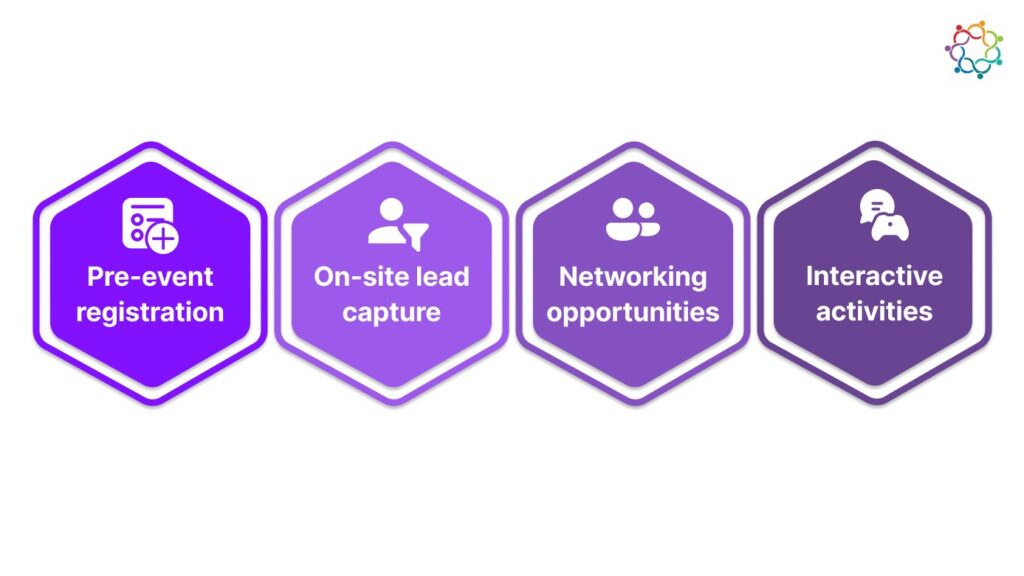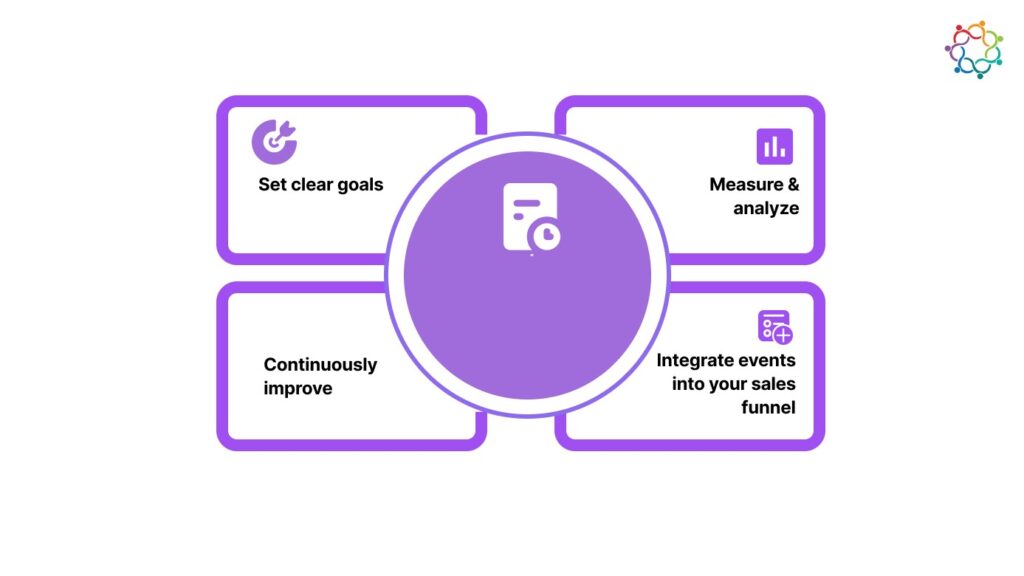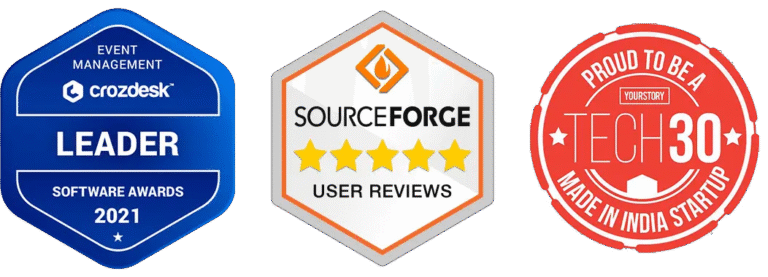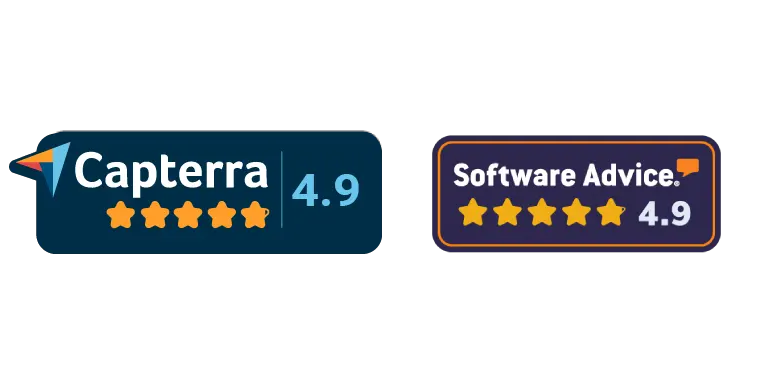Samaaro + Your CRM: Zero Integration Fee for Annual Sign-Ups Until 30 June, 2025
- 00Days
- 00Hrs
- 00Min

Event-based lead generation is a powerful tool, but to make it truly effective, it’s essential to not only execute a great event but also attract the right audience from the start. Targeting the right participants who are likely to convert into customers is key to event success. It involves understanding who your ideal customer is, ensuring your event content resonates with them, and creating messaging that compels them to attend. Without a well-defined target audience, even the best event can fall short in delivering quality leads.
What is Event-Based Lead Generation?
Event-based lead generation refers to the process of using events—whether virtual, hybrid, or in-person—to attract potential customers and convert them into qualified leads. These events provide direct access to prospects, enabling personal interaction and valuable insights that are hard to achieve through other marketing channels. Events help establish brand credibility, showcase products, and nurture relationships in a highly interactive environment.
Benefits of Event-Based Lead Generation
Using events to generate high-quality leads offers several benefits:
Key Strategies for Effective Lead Generation Through Events
The success of event-based lead generation hinges on a combination of understanding your audience, creating a compelling event narrative, and employing effective lead capture and follow-up strategies.
Understanding Your Target Audience
The foundation of effective lead generation starts with a clear understanding of your target audience. To ensure your event resonates with the right people:
Creating a Compelling Event Narrative
To attract the right attendees, it’s crucial to create a narrative that resonates with them and piques their interest even before the event begins. Pre-event communication plays a big role here.
Effective Lead Capture Strategies

Capturing leads effectively during the event is crucial for long-term success. Here are some strategies to ensure you’re not missing opportunities:
Post-Event Follow-Up
Your event’s success depends heavily on what happens after it ends. Following up in a timely and personalized manner can turn interested attendees into loyal customers.
Measuring Lead Quality and Conversion Rates
After the event, it’s essential to measure the effectiveness of your lead generation efforts. Here’s how you can track success:
Best Practices for Event-Based Lead Generation

Implementing effective best practices for event-based lead generation can enhance your marketing efforts and drive business growth. Here are key strategies to consider:
1. Set Clear Goals
Establish specific objectives for your event, such as generating a certain number of leads or increasing brand awareness within a target audience. Defining key performance indicators (KPIs) aligned with these goals helps guide your planning and execution. Clear goals ensure that all team members work toward a unified objective, making the event more focused and effective.
2. Measure and Analyze
Tracking essential metrics like registration numbers, engagement rates, and lead conversions is crucial for evaluating your event’s success. Use event management software for real-time data tracking and analysis. After the event, compare actual outcomes against your initial goals to identify trends and areas for improvement. This data-driven approach enables you to refine strategies for future events.
3. Continuously Improve
Post-event evaluations are essential for optimizing future lead generation efforts. Collect feedback from attendees and team members to understand what worked well and what didn’t. Utilize surveys and interviews to gather insights, focusing on common themes. Use this feedback to make informed adjustments to your event planning and execution processes.
4. Integrate Events into Your Sales Funnel
Ensure that the data collected during events is seamlessly integrated into your CRM system. This integration allows for better tracking and management of leads, supporting your overall sales efforts. By aligning events with your sales funnel, you can effectively nurture leads and maximize the impact of your marketing initiatives.
By implementing these best practices, you can transform your events into powerful lead generation tools that drive growth and engagement for your business.
Conclusion
Using events as a strategy for generating qualified leads can offer immense value to businesses, providing direct access to potential customers and fostering deeper relationships. By targeting the right audience, creating a compelling event experience, capturing leads effectively, and following up with personalized communication, you can maximize the success of your event-based lead generation efforts.
Want to see how Samaaro can help you streamline your lead generation process through events? Book a demo and start your free trial today!

Built for modern marketing teams, Samaaro’s AI-powered event-tech platform helps you run events more efficiently, reduce manual work, engage attendees, capture qualified leads and gain real-time visibility into your events’ performance.
Location


© 2026 — Samaaro. All Rights Reserved.